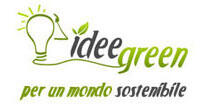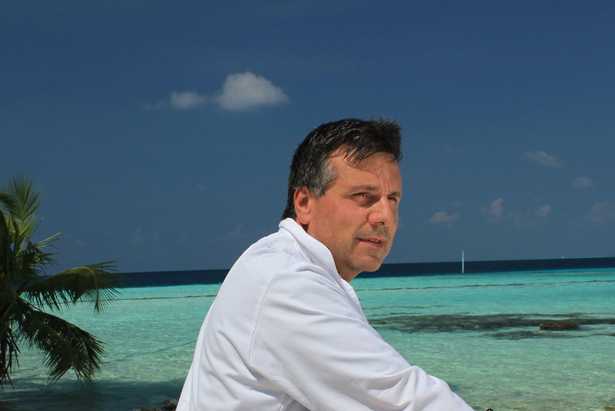Solar panels, eco-save bulbs, information courses on sustainability: the University of Milan-Bicocca leaves for the Maldives, carrying in its suitcase a program to convert an atoll of the archipelago to renewable resources, in one year. With the support of Caritas Italiana, the project takes place in the atoll of Faafu and aims to reduce the carbon dioxide emissions in one of the areas which are the most at risk for the effects of global warming, as Paolo Galli – researcher of the Biotechnologies and Biosciences department of the Athenaeum, and project coordinator – tells us.
1) The program “Benefits from the use of renewable resources” has started. What is it about?
It is a leading project in the atoll of Faafu to reduce the carbon dioxide emissions and to fight the negative effects of global warming. The islands of the Maldives, indeed, rise less than a meter upon the sea surface and there is a very concrete risk of submersion because of the global warming, which causes a slow but constant raising of the water. For this reason we decided to conduct a project to reduce the polluting emissions, exploiting mostly the renewable resources, such as the sun, the wind and the biomasses. The project, which lasts one year, has an overall cost of 210.000 Euro.
2) Which are, concretely, the goals of the project? Who else will it involve, besides University?
The main goals are the reduction of fossil fuel dependence, the decrease of environmental degradation, and the guarantee of a greater energy self-sufficiency, especially to the most distant islands. This project involves the University of Milan-Bicocca, Caritas Italiana, also with a grant of 50 thousand Euros, and, of course, the local authorities of the Maldives.
3) Why the Maldives?
Islands are a real border ecosystem for the risks which are due to the global warming and the sea level raising, whose effects can be studied in direct drive. In the Maldives, the University of Milan-Bicocca is conducting several research projects which range from the study of the barrier reef, a fragile and complex ecosystem whose state of health and coloration signal ocean warming and acidification, to the defense of the biodiversity of the archipelago from natural and anthropic risks.
4) How is the installation of the panels going to take place? With what saving?
The installation, made by local specialized companies, has already started. On the average, in the Maldives, for each 3kW/h of electric energy, produced by solar panels, we can save one liter of diesel fuel. It would be enough to install, for each house, a system of 2.5 kWp to cover the energy costs. The functioning is very easy. The sun shines, the solar panels catch the light and transform it into direct current, that a converter turns into alternating current to be able to use it both in public buildings and in houses.
5) Which advantages will it bring?
Presently, the average daily consumption of energy is about 40-50 kW/h. If we consider that solar panels able to supply 30 kW/h will be installed and that every 3 kW/h of electricity produced by solar panels allows to save a liter of diesel oil, it is easy to understand how the plant will be able to reduce the fossil fuel requirement of about 50%. The advantages of a solar panels system are remarkable, from having minimal maintenance costs to avoiding the increase of the oil price, to resetting the production of harmful emissions into the atmosphere.
6) Which advantage, on the other hand, with the installation of eco-save bulbs?
All the old light bulbs, placed both in public buildings and in private houses, will be replaced with new generation eco-save bulbs. Approximately 1000 light points (bulbs) equipped with the new LEDs, will bring to an additional saving of about 20 kW/h.
7) Where does the educational part lie in?
It is important that the local people are directly involved in the educational projects and that the experience of Magoodhoo can be a model for other near islands. We will therefore hold some seminars to form those who will then become the “ambassadors” in their local community, and who will be focused on the effects of the climate change, encouraging virtuous conducts about the attention to the surrounding environment. Particular attention will be destined to young people: the students of the school of Magoodhoo will be involved in the realization of videos to illustrate the environmental impact of not using renewable resources, and to describe how, instead, if we use them conveniently, renewable resources can soften the noxious effects of pollution. The videos will be made in English and Dhivehi, they will be available on the main streaming platforms, like YouTube, and they will be presented to the local schools and communities, allowing the diffusion of the information to the other communities spread on the near islands. The students are already busy writing on a blog – playingwithsolar – where they are describing their experience.

